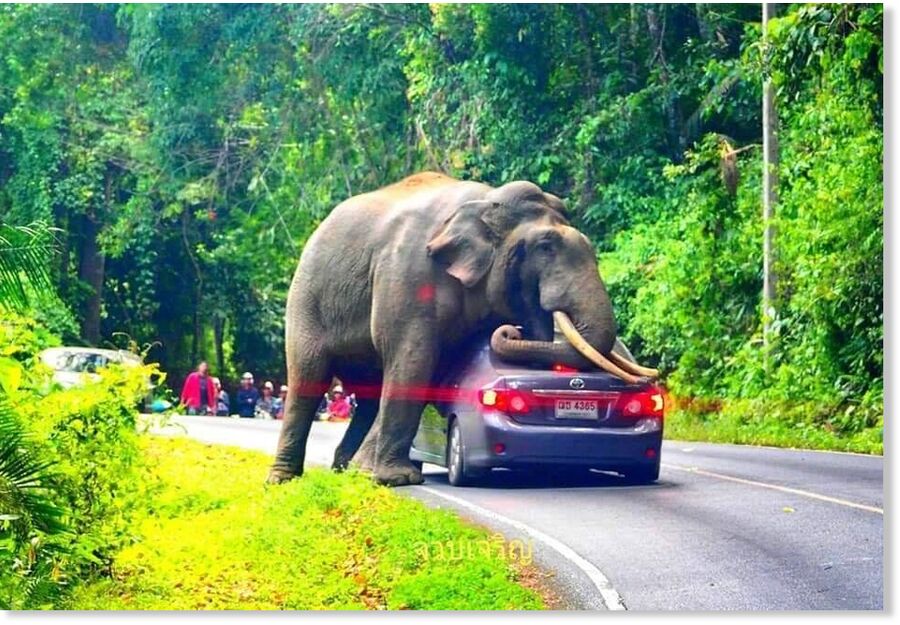OF THE
TIMES
Mystery creates wonder, and wonder is the basis for man's desire to understand. Who knows what mysteries will be solved in our lifetime, and what new riddles will become the challenge of the new generations.
The Russians seem to talk a lot and act very little. I'm not sure if it is their leaders playing their cards very carefully, I sure hope they are,...
The US don't even care for their own people so how could we expect them to care for the rest of the planet?
They have not passed the legislation five years ago in Westminster to conscript the men of these nations to fight American bankers wars. in the...
I suppose the Russians are not bluffing, and will treat each F-16 entering Ukrainian airspace as a carrier of nuclear weapons.
As the old drill Sargent used to say, "God may own your soul, but I own your ass." - You're just cattle in the service and will be treated like...
To submit an article for publication, see our Submission Guidelines
Reader comments do not necessarily reflect the views of the volunteers, editors, and directors of SOTT.net or the Quantum Future Group.
Some icons on this site were created by: Afterglow, Aha-Soft, AntialiasFactory, artdesigner.lv, Artura, DailyOverview, Everaldo, GraphicsFuel, IconFactory, Iconka, IconShock, Icons-Land, i-love-icons, KDE-look.org, Klukeart, mugenb16, Map Icons Collection, PetshopBoxStudio, VisualPharm, wbeiruti, WebIconset
Powered by PikaJS 🐁 and In·Site
Original content © 2002-2024 by Sott.net/Signs of the Times. See: FAIR USE NOTICE


Yes, I think so ...